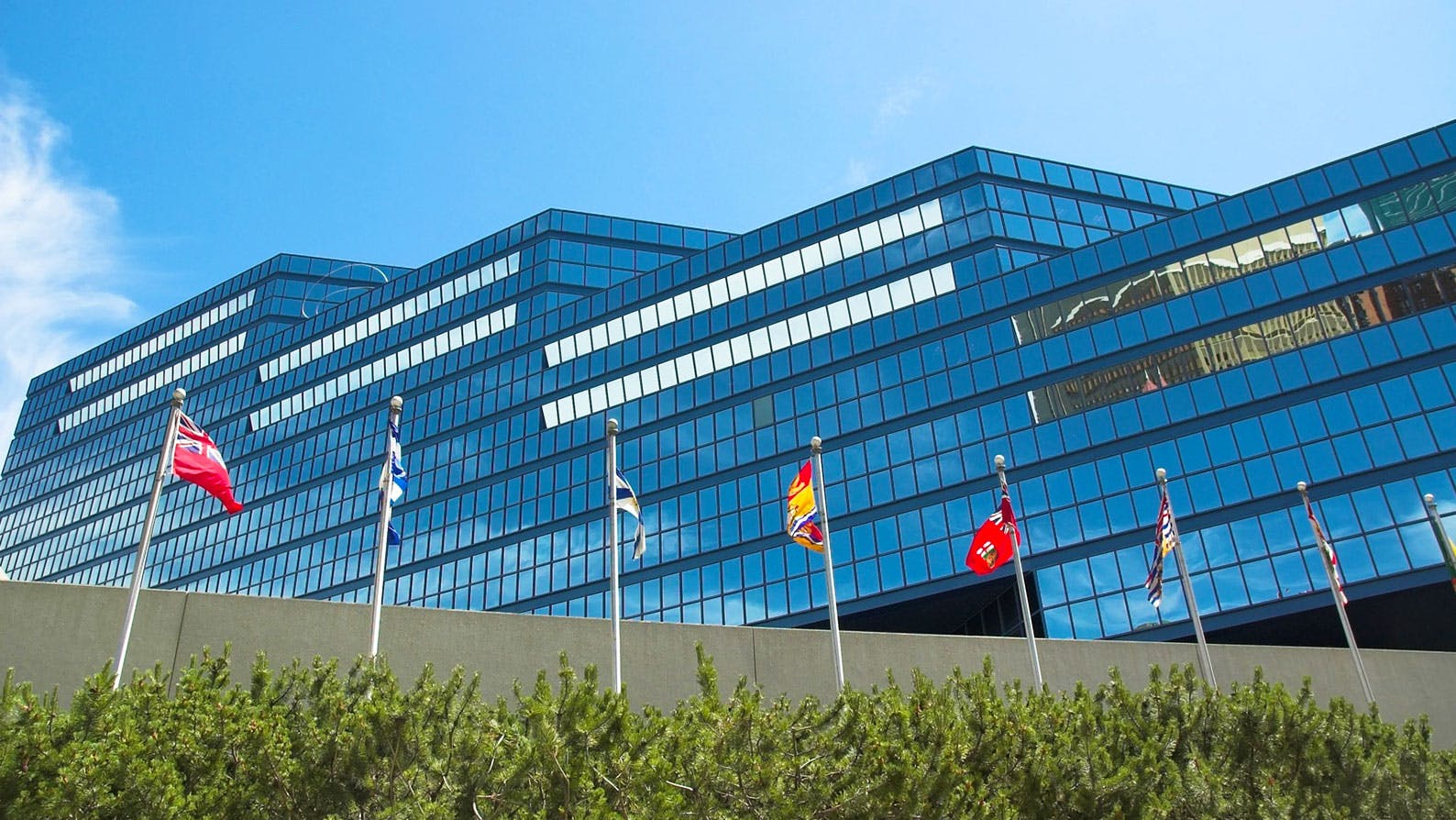June 18, 2019
On June 10, 2019 businesses in Calgary finally got some encouraging news after an unprecedented public display of frustration by Calgary business leaders and business advocacy groups like the Calgary Chamber. City Council passed a motion that would provide tax relief for non-residential properties. The strategy adopted by council is a familiar one: use a Phased Tax Program (PTP) as a short-term solution to absorb the impact felt by businesses across the city. These non-residential accounts are expected to pick up a larger share of the assessment gap caused by the high vacancy rate in the downtown core.
With over 8,000 business properties seeing double-digit tax hikes for the year, council voted to use the $70.9 million it had already earmarked for business support and directed administration to find another $60 million in permanent savings immediately, to offer a total of $130.9 million in tax relief to businesses in 2019.
Unfortunately, the support does not address the long-term structural issues that have led to the current situation. The PTP wasn’t designed to be used over multiple years and becomes less effective each year as the underlying tax increases are cumulative. The program will now be active for three straight years.
Businesses need certainty and a competitive environment to create long-term growth plans. Currently, the City is not providing either. With growing uncertainty around property tax bills next year, some businesses are unable to create sustainable operating plans and are instead choosing to close their doors, taking jobs with them. The Calgary business community has shouldered the lion’s share of the property tax burden. Unless a more equitable split between businesses and residential tax base is reached, businesses will continue to struggle, and jobs will continue to be lost.
There are no easy choices left for City Hall going forward. Council must fix the property tax system and its underlying structural issues immediately and focus on driving efficiencies and reducing costs. If both aren’t tackled with urgency, Council will find themselves working against the clock again next year.
The current property tax system at City Hall needs several improvements to ensure economic growth and prosperity. These improvements include reducing operating costs, establishing a strategic plan to reduce the ratio between non-residential and residential classes to 3:1, and selling non-revenue generating city owned land.
The Chamber has been heavily involved in ensuring that property taxes in Calgary remain competitive and reasonable. In 2017, we worked with the City to help develop the tax relief fund, proposed an incentive prize to discover ways to address the longer-term issue, produced extensive research on City spending, business-to-residential mill rate ratio comparisons, and facilitated discussions between City administrators and the business community.
On behalf of Calgary’s business community, we implore Calgary City Council to take bold action and work with the Chamber and other community partners to find a long-term solution to our city’s tax problems.





